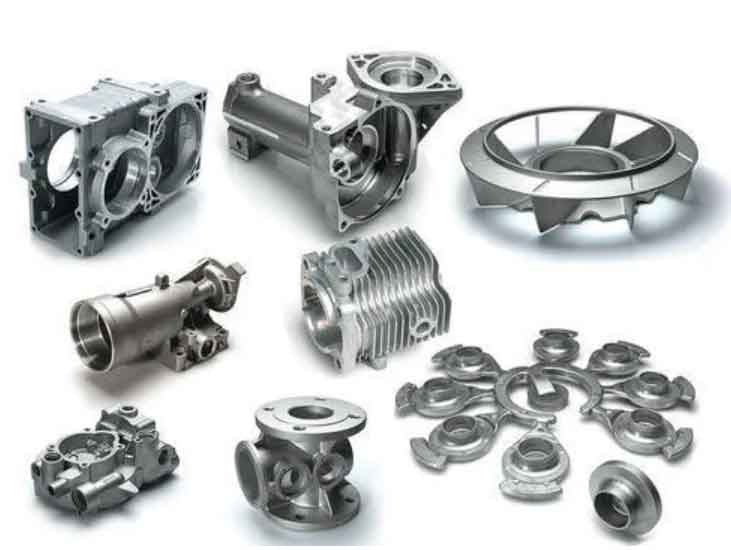
Grey cast iron offers several advantages in automotive manufacturing, making it a preferred material for various components. Here are some key advantages of grey cast iron in the automotive industry:
- Strength and Durability: Grey cast iron exhibits high compressive strength, making it suitable for applications where components need to withstand heavy loads and vibrations. It provides structural integrity and durability to automotive parts, such as engine blocks, cylinder heads, and brake components.
- Thermal Stability: Grey cast iron has excellent thermal stability, meaning it can withstand high temperatures without significant deformation or loss of strength. This property is particularly important in engine components that are exposed to extreme heat, such as cylinder liners and exhaust manifolds.
- Wear Resistance: The graphite flakes present in grey cast iron act as solid lubricants, providing excellent wear resistance. This makes grey cast iron ideal for components subjected to sliding and abrasive wear, such as brake discs, brake drums, and clutch plates. It helps enhance the longevity and reliability of these components.
- Damping Capacity: Grey cast iron has superior damping capacity, which means it can effectively absorb vibrations and reduce noise levels. This property is beneficial in automotive applications, where minimizing vibrations and noise is crucial for driver comfort and overall vehicle performance. Engine blocks, transmission housings, and suspension components often utilize grey cast iron to dampen vibrations.
- Machinability: Grey cast iron is known for its excellent machinability. It can be easily shaped and machined into intricate designs and tight tolerances. This allows for efficient production processes and cost-effective manufacturing of automotive components.
- Cost-effectiveness: Grey cast iron is relatively inexpensive compared to other engineering materials, such as aluminum alloys or steels. Its cost-effectiveness makes it a preferred choice for large-scale automotive production. Additionally, its longevity and low maintenance requirements contribute to overall cost savings.
- Thermal Management: Grey cast iron has high thermal conductivity, meaning it can efficiently dissipate heat. This property is beneficial for automotive components that require effective heat management, such as engine blocks and exhaust manifolds. Grey cast iron helps regulate temperatures, preventing overheating and ensuring optimal engine performance.
- Design Flexibility: Grey cast iron offers design flexibility due to its excellent castability. Complex shapes and intricate features can be achieved with relative ease during the casting process. This allows automotive manufacturers to create components with optimized designs, maximizing performance and efficiency.
- Availability: Grey cast iron is readily available and has a long history of use in the automotive industry. Its widespread availability ensures a reliable supply chain for automotive manufacturers, enabling efficient production and quick turnaround times.
Due to these advantages, grey cast iron continues to be extensively used in the automotive industry for critical components that require strength, durability, wear resistance, and thermal stability. Its combination of properties supports the performance, safety, and longevity of vehicles, making it a trusted material in automotive manufacturing.
